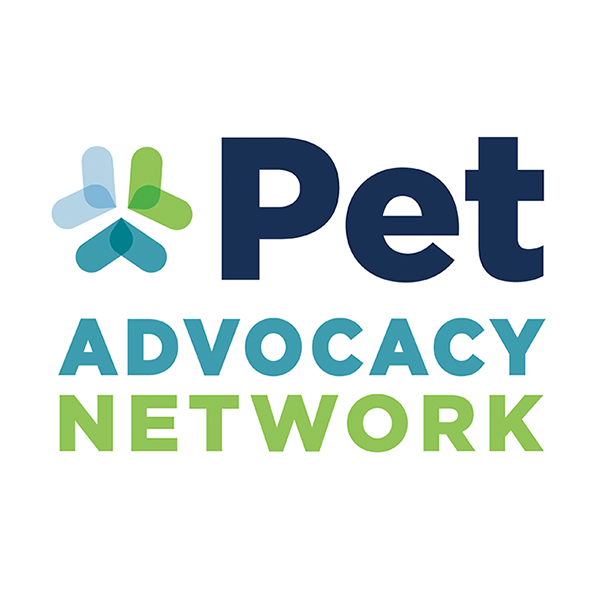Washington, D.C. (December 7, 2018) — The Human Animal Bond Research Institute (HABRI) announced today that Pet Partners, the nation’s leading organization in animal assisted interventions, will donate $100,000 to fund research on the health, education, and wellness outcomes of therapy animals, for both the people and animals involved. This announcement is a supplement to HABRI’s 2019 Request for Proposals, open now through February 7, 2019.
“Pet Partners recognizes the importance of developing scientific findings that further demonstrate the benefits to health and well-being associated with the human-animal bond,” said Annie Peters, President and CEO of Pet Partners. “Together, Pet Partners and HABRI will expand our knowledge, allowing more people to experience the benefits of high-quality therapy animal programs.”
In order to be eligible for this funding, investigators must incorporate registered Pet Partners volunteer therapy animal teams into their proposed research. As part of the organization’s registration process, all Pet Partners therapy animal teams must meet high standards in the areas of patient and public safety and outstanding animal welfare.
“Pet Partners programs are the gold standard for animal-assisted interventions, which will lend themselves to greater consistency and accuracy for research purposes,” said Steven Feldman, HABRI Executive Director. “We are grateful to Pet Partners for their leadership, generosity, and commitment to high standards.”
In addition to funding provided by Pet Partners, researchers can apply for other HABRI grants to investigate the health and wellness outcomes of pet ownership and animal-assisted activity. Proposals should have a strong theoretical framework and take an innovative approach to assess the effect of companion animals on humans within the categories of child health and development, healthy aging and mental and physical wellness.
For more information on HABRI funding opportunities and the award application process, please visit www.habri.org/grants/funding-opportunities.
The Human Animal Bond Research Institute (HABRI) is a not-for-profit organization that maintains the world’s largest online library of human-animal bond research and information; funds innovative research projects to scientifically document the health benefits of companion animals; and informs the public about human-animal bond research and the beneficial role of companion animals in society. For more information about the HABRI Foundation, please visit www.habri.org.
Pet Partners, formerly known as the Delta Society, is the national leader in demonstrating and promoting the health and wellness benefits of animal-assisted therapy, activities, and education. Since the organization’s inception in 1977, the science proving these benefits has become indisputable. With more than 13,000 registered teams making more than 3 million visits annually, Pet Partners serves as the nation’s largest and most prestigious nonprofit registering handlers of multiple species as volunteer teams. Pet Partners teams visit with patients in recovery, people with intellectual disabilities, seniors living with Alzheimer’s, students, veterans with PTSD, and those approaching end of life, improving human health and well-being through the human-animal bond. With the recent release of its Standards of Practice for Animal-Assisted Interventions and international expansion, Pet Partners is globally recognized as the industry gold standard. For more information on Pet Partners, visit www.petpartners.org.
Contact
Jamie Baxter
jamie@theimpetusagency.com
775.322.4022
###





